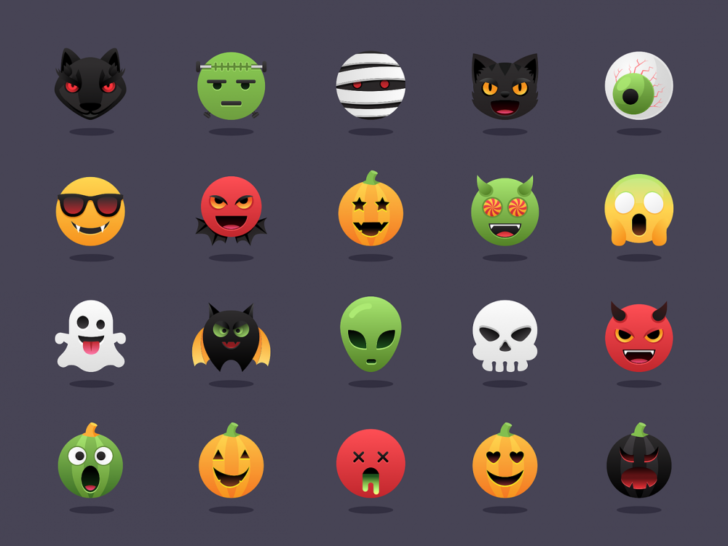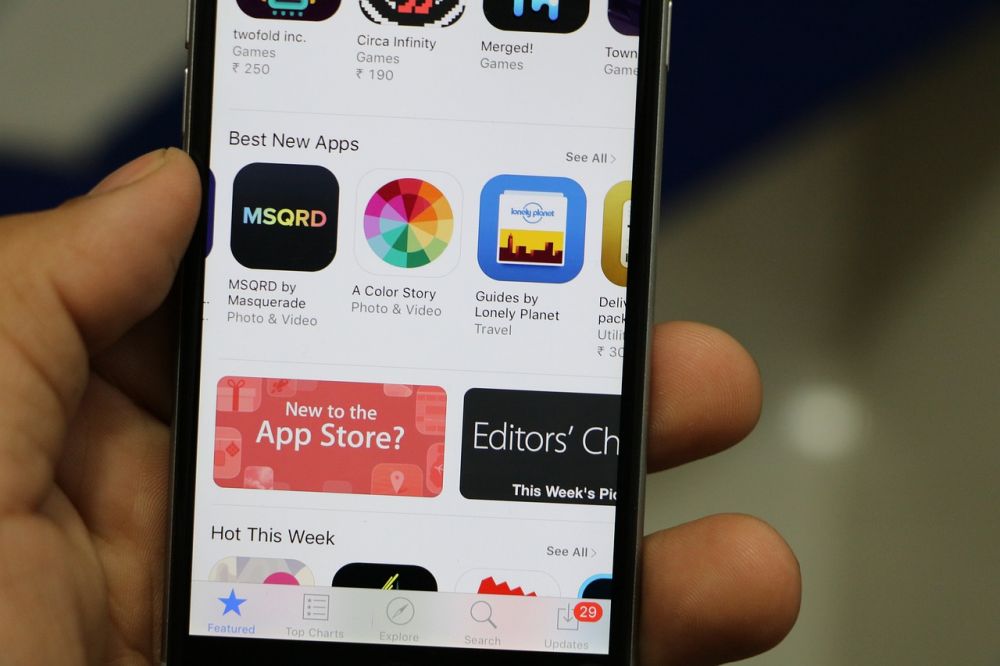Web Apps: Revolutionizing the Online Experience

Introduction
In today’s digital age, web applications, commonly referred to as web apps, have become an integral part of our lives. Whether it’s checking our email, managing our finances, or connecting with friends on social media, web apps have revolutionized the way we access and interact with information on the internet. This article aims to provide a comprehensive understanding of web apps, from their inception to their current state, for individuals interested in this fascinating topic.
What is a Web App?

A web app is a software application that runs on a web browser. Unlike traditional software installed on a computer, web apps are accessed through a web server. This means that users can access them from any device with internet connectivity. Web apps are designed to provide users with a consistent and intuitive user experience, irrespective of the device they are using.
Web App Development
The development of web apps entails a combination of various technologies, such as HTML, CSS, and JavaScript. These languages allow developers to create visually appealing user interfaces and interactive experiences. Additionally, web app development often involves implementing backend technologies, such as databases and server-side frameworks, to handle data storage and processing.
Evolution of Web Apps
The history of web apps dates back to the early days of the internet. In the 1990s, websites primarily consisted of static pages, presenting limited interactivity. However, with the introduction of JavaScript in 1995, developers gained the ability to add dynamic elements to websites. This milestone marked the beginning of a new era for web apps.
As internet speeds increased and browsers became more sophisticated, web apps evolved to offer greater functionality and responsiveness. The early 2000s witnessed the rise of AJAX (Asynchronous JavaScript And XML) technology, which allowed web apps to fetch data from servers without reloading the entire page. This breakthrough significantly enhanced the user experience, as it eliminated the need for page refresh.
In recent years, web apps have taken another leap forward with the advent of progressive web apps (PWAs). PWAs are web apps that combine the best features of both native apps and traditional web apps. They can be installed on users’ devices and offer an immersive, app-like experience, including offline functionality and push notifications. PWAs have gained popularity among developers due to their cross-platform compatibility and ease of distribution.
Key Advantages of Web Apps
Web apps offer several advantages over traditional software applications:
1. Device Independence: Web apps are accessible from any device with a web browser, eliminating the need for multiple versions across different platforms.
2. Upgradability: Unlike traditional software, web apps can be updated instantly and seamlessly. This ensures that users always have access to the latest features and security patches.
3. Accessibility: Web apps are not restricted to a specific operating system. This makes them highly accessible across different devices, including smartphones, tablets, and desktops.
4. Cost-Effectiveness: Web apps reduce the costs associated with developing and maintaining multiple versions for different platforms, as they can be developed and deployed universally.
5. Scalability: Web apps can easily handle a large number of concurrent users without the need for additional infrastructure investments.
Web App Security
Security has always been a major concern for web apps. Since web apps rely on public networks to transmit data, they are prone to several security threats, such as data breaches and cross-site scripting attacks. Consequently, developers must implement robust security measures, such as encryption and authentication mechanisms, to protect sensitive user information.
Google’s Featured Snippet
To increase the chances of this article being shown as a featured snippet on Google search results, the following text has been structured with relevant headings and bullet points:
1. Understanding Web Apps
– Definition and accessibility
– Importance of consistent user experience
– Technologies involved in web app development
2. Evolution of Web Apps
– Introduction of JavaScript and dynamic web content
– Advancements with AJAX technology
– Progressive web apps and their benefits
3. Advantages of Web Apps
– Device independence
– Easy upgradability
– Accessibility across different platforms
– Cost-effectiveness and scalability
Web Apps: Shaping the Future
The continuous evolution of web apps is transforming the online experience as we know it. From their humble beginnings to the present, web apps have come a long way in terms of functionality and accessibility. As technology continues to advance, web apps will undoubtedly play a crucial role in shaping the future of the digital landscape.
Conclusion
In conclusion, web apps have revolutionized the way we access and interact with information on the internet. Their continuous evolution has led to increased functionality, cross-platform compatibility, and enhanced user experiences. As the demand for web apps continues to grow, developers must remain committed to ensuring security and accessibility for all users. Whether you’re a tech enthusiast or simply interested in the world of web technology, understanding web apps is essential in today’s digital age.
FAQ
How have web apps evolved over time?
What are the advantages of web apps compared to traditional software applications?
What is a web app?
Flere Nyheder
iPhone reparation i Aalborg: Hurtig og effektiv service
Introduction In today’s digital age, web applications, commonly referred to as web apps, have become an integral part of our lives. Whether it’s checking our email, managing our finances, or connecting with friends on social media, web ap...
04 maj 2025
Mac Reparationer Taastrup: Din Guide til pålidelig Service og Support
Introduction In today’s digital age, web applications, commonly referred to as web apps, have become an integral part of our lives. Whether it’s checking our email, managing our finances, or connecting with friends on social media, web ap...
02 august 2024
Viaplay App: Streaming Underholdning i din Håndflade
Introduction In today’s digital age, web applications, commonly referred to as web apps, have become an integral part of our lives. Whether it’s checking our email, managing our finances, or connecting with friends on social media, web ap...
18 januar 2024











